"Orban should have been born in a large country like Germany," a Hungarian acquaintance once told me with a typical Eastern European attitude. "His genius is wasted in Hungary." An optimistic observer might say that everyone now has an opinion about Hungary, which is remarkable for a small, landlocked country with a population of less than ten million.
It was therefore no surprise that Hungarian Prime Minister Viktor Orban made headlines during his recent visits abroad. In early December, he traveled to Rome, where he held discussions with Pope Francis and Italian Prime Minister Giorgia Meloni, with peace in Ukraine being a priority. Following this, Orban also visited Mar-a-Lago, becoming one of the first foreign leaders to meet with Donald Trump after his victory in the November presidential election.
The foreign policy implications of these visits are numerous and well-documented.
If the Russia-Ukrainian war ends soon, it will be due in no small part to Viktor Orban's efforts; similarly, this will be the case if Europe's national political movements come to prevail over the transnationalists entrenched in Brussels.
American conservatives should hope that Orban's Florida visit also carried a philosophical dimension. The Hungarian leader’s political career has, in many ways, foreshadows Trump’s. Trump defined an era of American politics, but his first term was constrained by time and staff limitations. If Trump is serious about national transformation and not driven merely by the thrill of victory, he should look to Budapest for inspiration.
In Hungary, Viktor Orban has been a well-known figure since the late 1980s. As a young activist during the reburial of the martyrs of Hungary’s 1956 revolution, he defiantly called for the withdrawal of Soviet troops. By 1998, he became prime minister, only to face a bitter defeat four years later due to unified opposition from hostile institutions. Rather than retreat, the young idealist reorganized himself and his community into a tough political force.
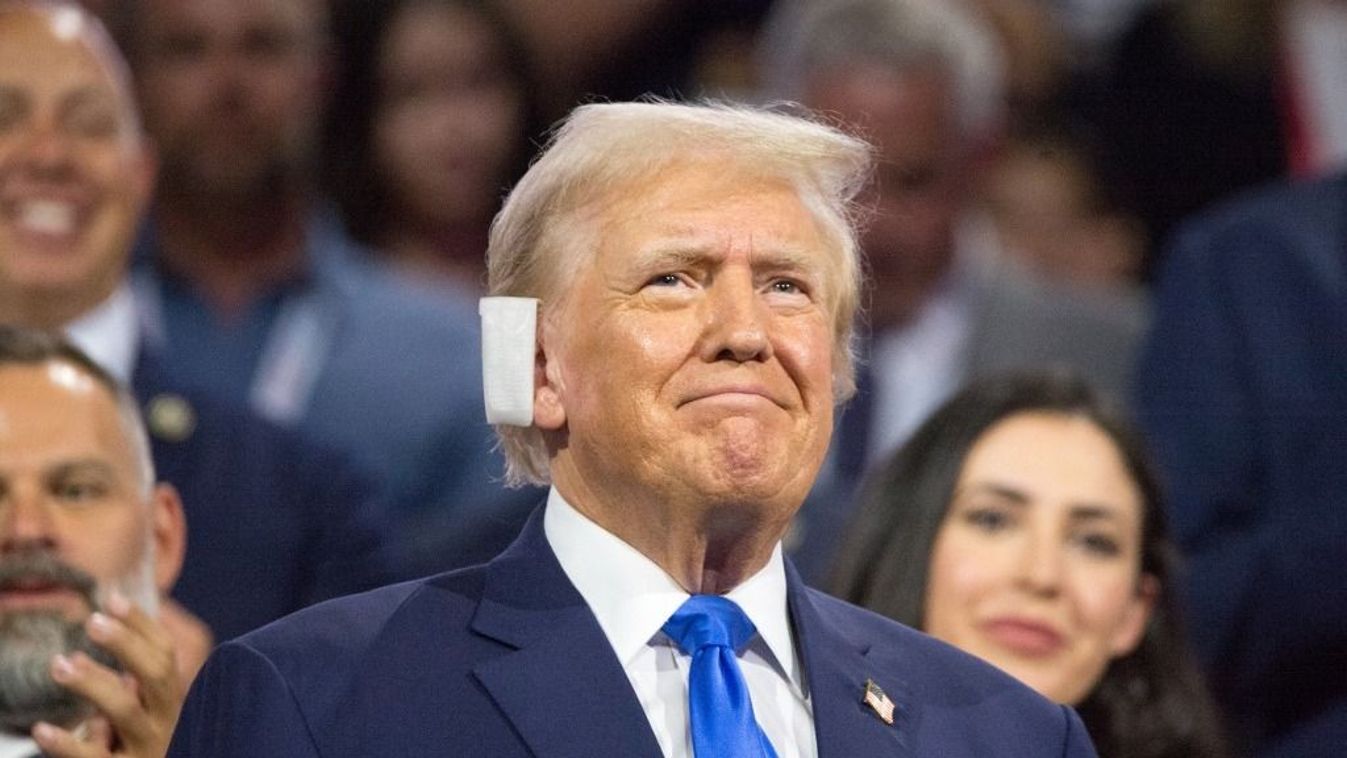
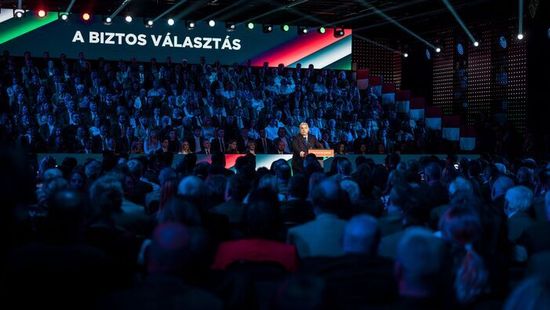
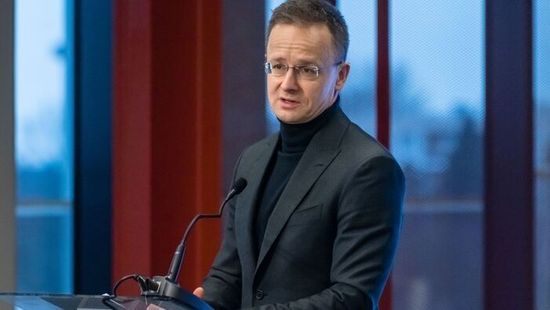
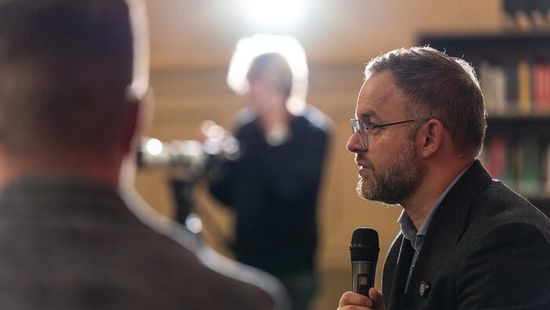
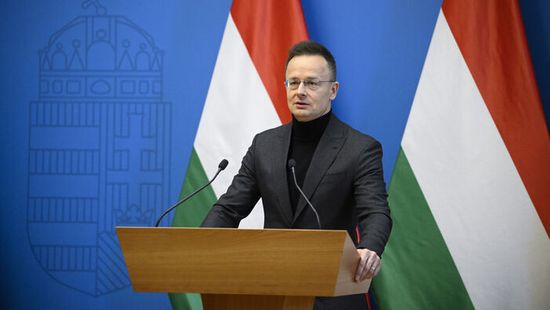

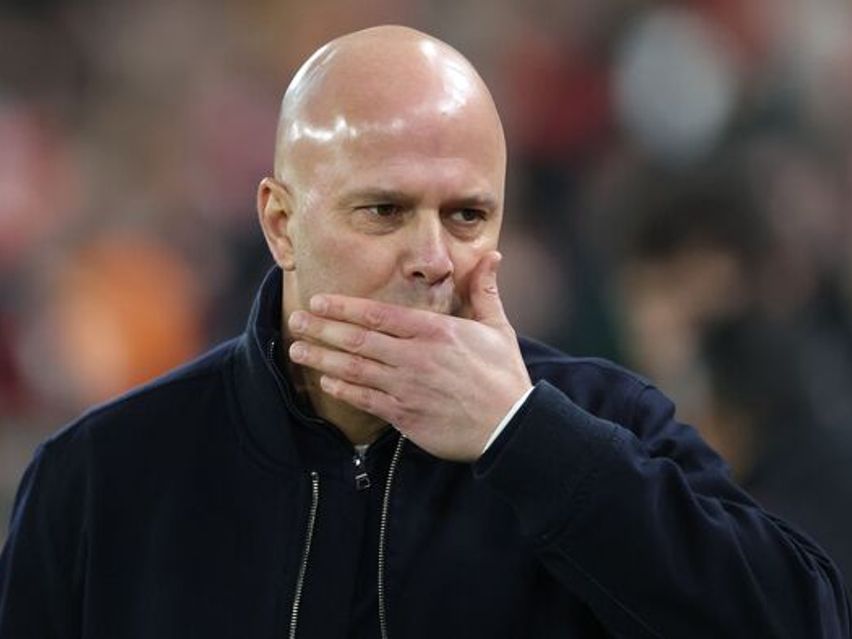
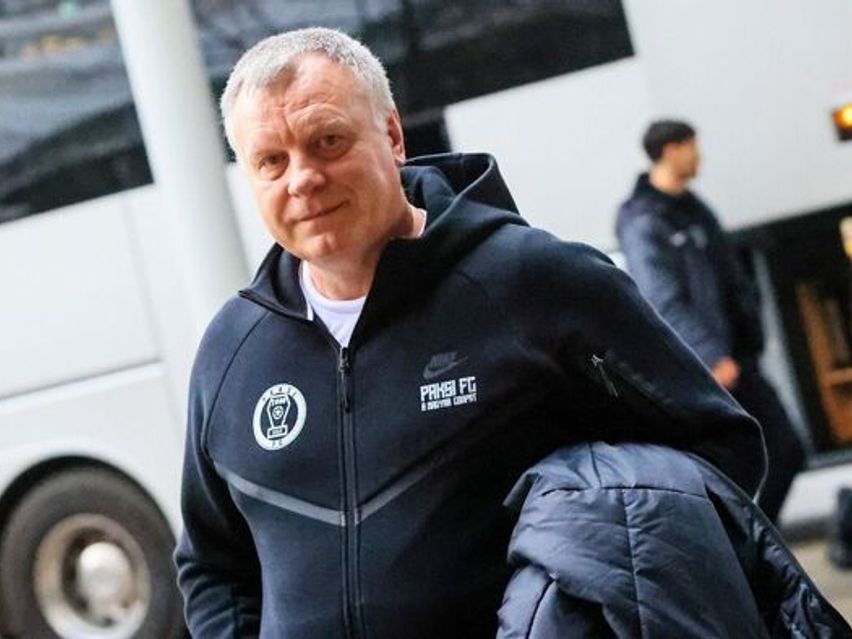

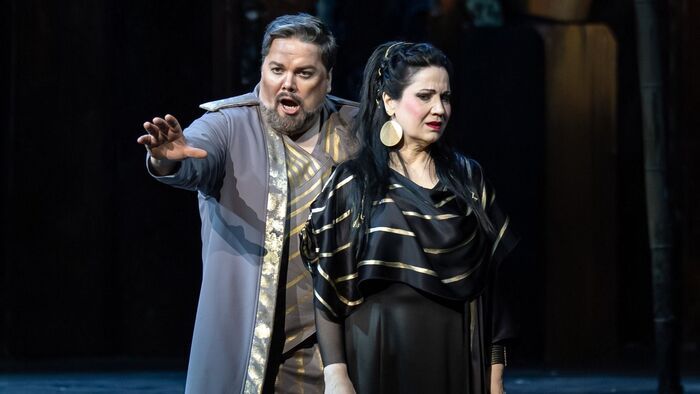

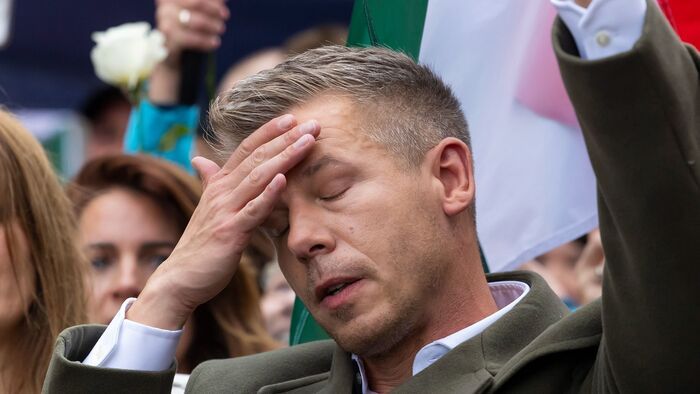
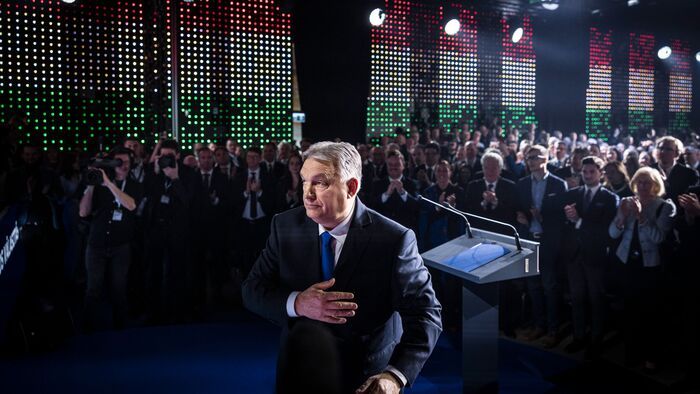

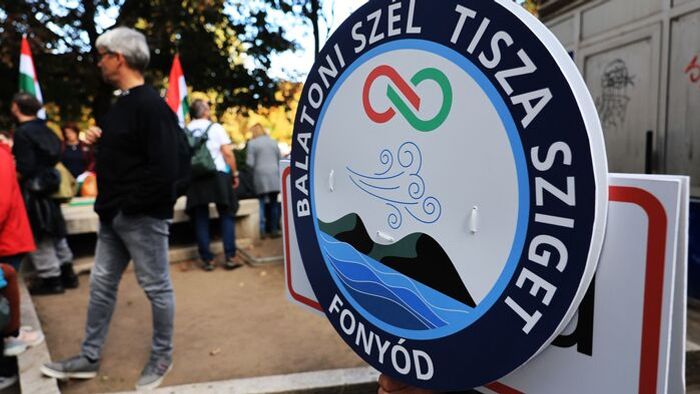

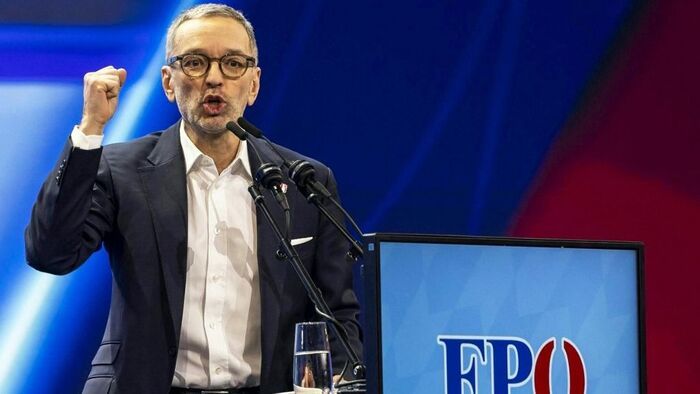
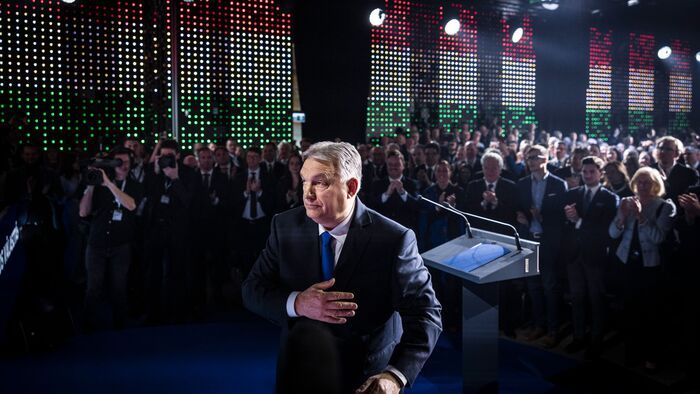
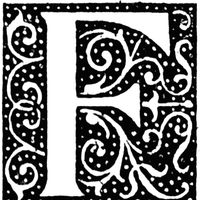
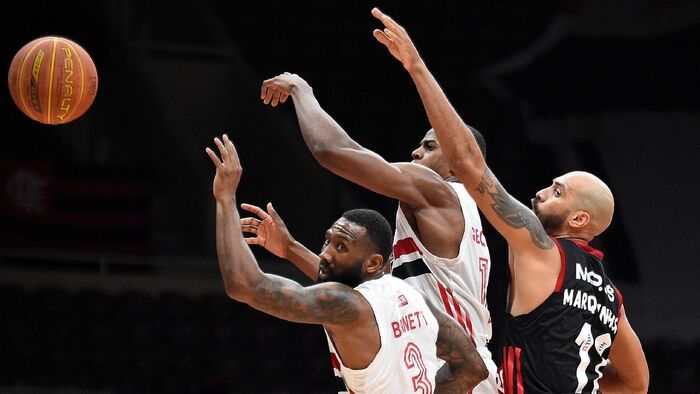
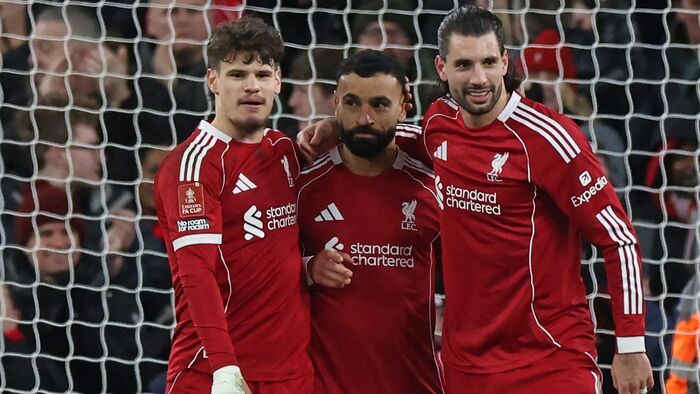
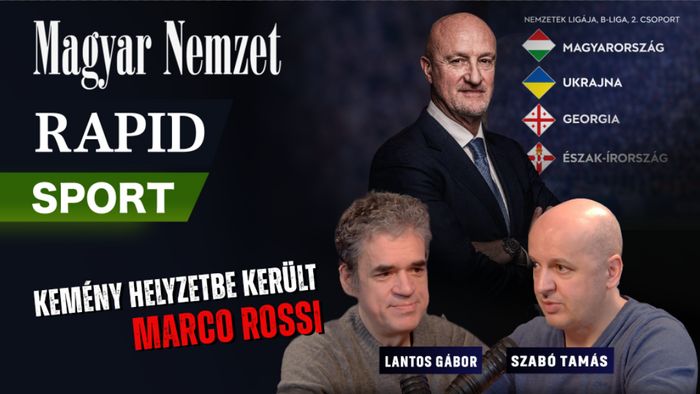

Szóljon hozzá!
Jelenleg csak a hozzászólások egy kis részét látja. Hozzászóláshoz és a további kommentek megtekintéséhez lépjen be, vagy regisztráljon!